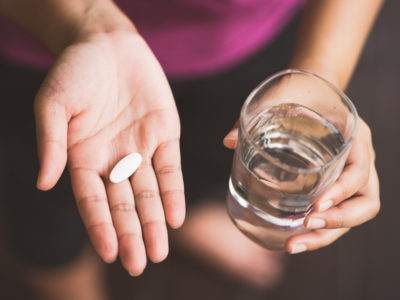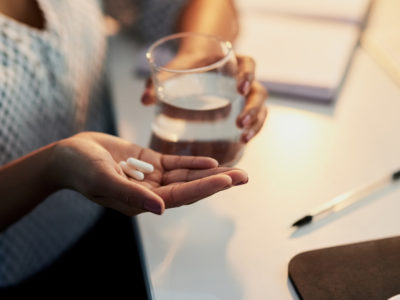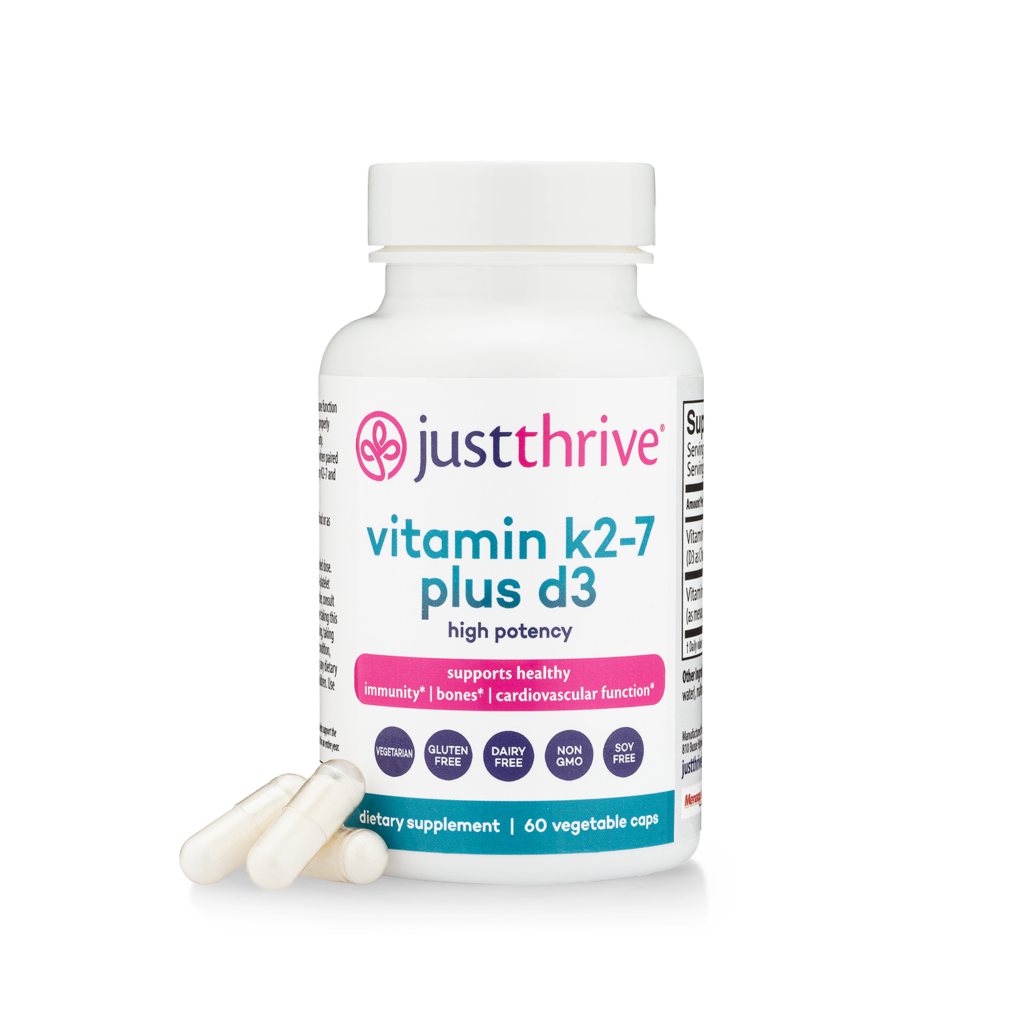There are many benefits to vitamin D, but before we get into what those are and how to make sure you are getting enough, let’s start with some background about sunlight and UV radiation.
Did you know that UVB light:
- Is responsible for delayed tanning and burning
- Intensifies skin aging
- Significantly promotes the development of skin cancer
- And most solar UVB is filtered by the atmosphere.
As for UVA:
- UVA can penetrate into the deeper layers of the skin
- Is responsible for the immediate tanning effects of the sun
- Contributes to skin aging and wrinkling
- It was once believed UVA could not cause any lasting damage.
- Recent studies strongly suggest it may enhance the development of skin cancers.
So is running from the sun the right answer?
In a word, no.
Benefits of Sunlight and Vitamin D
Your body manufactures vitamin D (D3 specifically, more on this in a moment) when you are exposed to the sun. But why is vitamin D so important?
Vitamin D is still being widely researched, however, it is linked to prevention and/or treatment of several diseases, including multiple sclerosis, tuberculosis, insulin resistance, cancers other than colorectal, osteoarthritis, osteoporosis, hypertension, lower-extremity function, falls, dental health, and colorectal cancer.
Vitamin D has many other roles in the body including bone growth, modulation of cell growth, neuromuscular and immune function, and reduction of inflammation.
Vitamin D3 vs. D2
There are two forms of vitamin D that can be found in the human body—vitamin D2 and vitamin D3. Both can be generically referred to as “vitamin D”, but they are quite different.
Vitamin D2
You body cannot produce vitamin D2 on its own. You can get vitamin D2 from certain wild mushrooms or those that are commercially grown with exposure to UV or sunlight (e.g. cremini and portobello mushrooms). You can also often find it in fortified foods.
Vitamin D3
As mentioned earlier, vitamin D3 is manufactured by the body when the skin is exposed to sunlight. If you are vegetarian or vegan, it can be ever harder to get enough D3, because the main food sources are from animals (certain fish, organ meats, and eggs). Vitamin D3 is also preferred for supplementation because it is more effective at raising serum 25-hydroxyvitamin D, the biologically active form of vitamin D.
Is It Possible to Get Too Much Vitamin D?
Yes. It can cause vitamin D toxicity possibly leading to nonspecific symptoms such as anorexia, weight loss, polyuria, and heart arrhythmias. More seriously, it can also raise blood levels of calcium which leads to vascular and tissue calcification, with subsequent damage to the heart, blood vessels, and kidneys.
Twenty minutes of sun exposure daily to 6% exposed skin is necessary for maintaining our body’s own production of vitamin D.
So, are you counting on the sun for your Vitamin D?
If you are, you’ll have to factor in many unknowns. Weather, pollution, time of day, your skin melanin content, how long you will be in the sun and how the use of sunscreen affect your body’s ability to get vitamin D. All that being said, it can be difficult to get enough vitamin D from the sun alone, and it is actually one of the most common nutrient deficiencies. But don’t worry, there’s a simple solution, and it comes down to another critical vitamin, vitamin K.
The Synergy of Vitamin D & K
Let’s talk about vitamin K. Most people know vitamin K as a blood coagulator. Clinical research studies show “this vitamin helps to regulate tissue calcium content and has growth-regulatory, anti-cancer, and anti-inflammatory effects. Vitamin K also has potent antioxidative properties and can regulate gene activity by binding with a specific receptor.”
As more and more basic and clinical research is done one thing is clear, vitamin K and vitamin D work well together like a symphony. A daily vitamin D supplement with vitamin K is essential to creating a synergistic effect for optimal bone and arterial health and for maintaining the immune system in proper balance.
Studies show that taking a readily absorbable vitamin D with K supplement can reduce the risk of fracture and increase bone density.
Osteoporosis and its less severe sister, osteopenia, are on the rise. A daily dose of vitamin D from the sun is difficult to depend on, and our ability to insure our bodies are getting all the vitamin K we need from green leafy vegetables is not easy.
Supplement with Vitamin K2 + D3
- So, how do we avoid calcification of the arteries, osteoporosis, and raising our risk of fractures?
- How can we lower our blood pressure while raising our antioxidant power to protect our living cells against oxidative attack?
- How can we maintaining a strong immune system, peak energy, and thriving heart and bone health?
By taking a supplement which provides a clinically useful dose of vitamin D3 and vitamin K in the form of K2.
Why K2? Our body needs vitamin D3 to absorb calcium, and vitamin K2 to direct that calcium where it’s needed (like your skeletal structure and teeth), while keeping calcium out of the places it doesn’t belong (like your arteries and joints). These two vitamins are a perfect pair!
Our favorite supplement which contains both of these crucial vitamins is Vitamin K2-7 Plus D3 by Just Thrive. Just one vegetable daily capsule delivers 200 mcg of naturally-derived K2-7 and 5000 IU of D3, both in their highest potency forms to help you take control of your best health.
Final Thoughts
Insuring you are getting enough Vitamin D and Vitamin K can have lifelong benefits and put you on the sunny side of health, so make sure you are getting outside, eating a healthy diet rich in these essential vitamins, and supplementing your daily intake for the best possible benefits.
Editor’s Note: This post was originally published on June 13, 2017, and has been updated for quality and relevancy on January 13, 2023.




